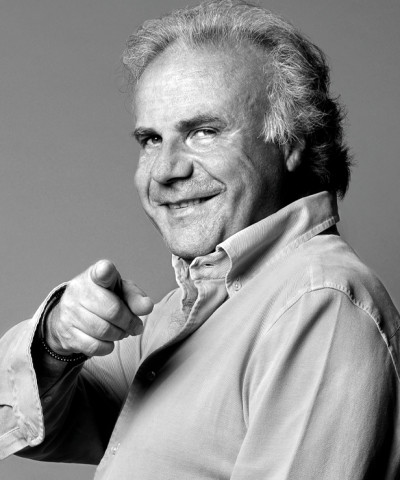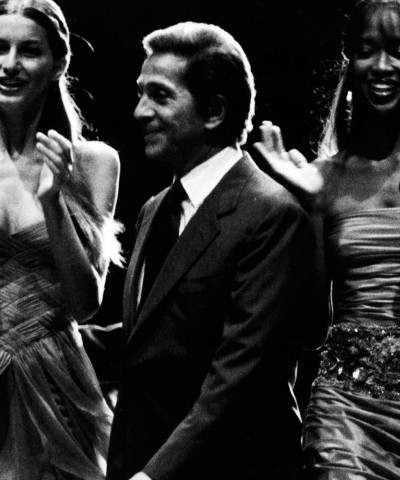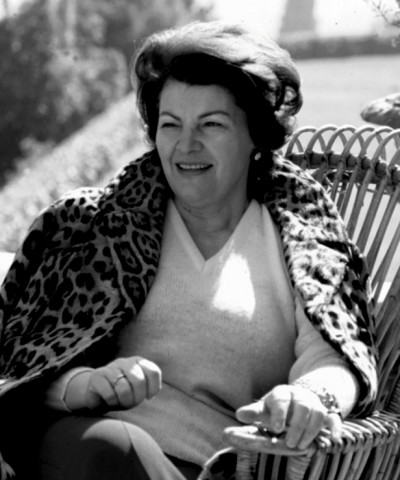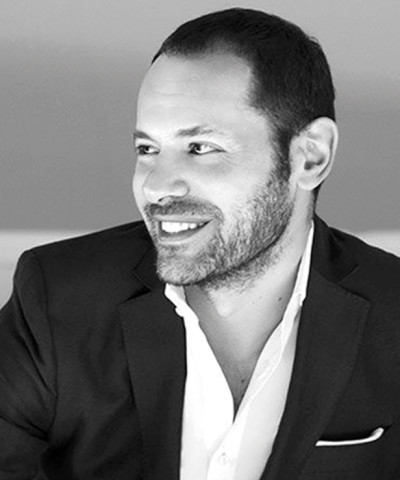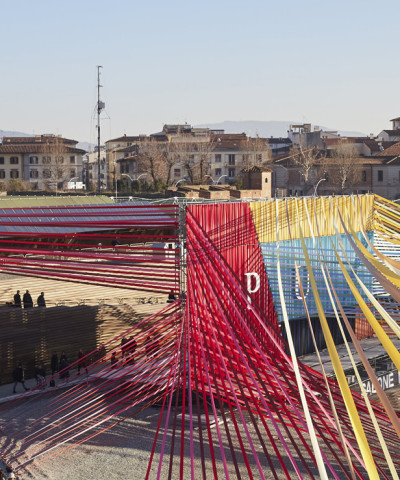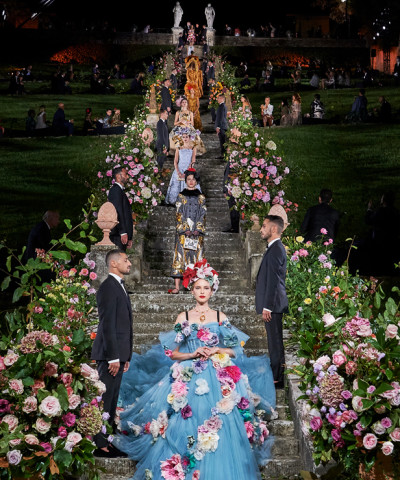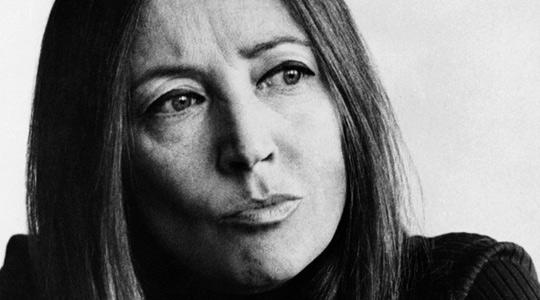
Oriana Fallaci
Oriana Fallaci, Florence, and her desire for an infinite life. Notes on a shy and quarrelsome friendship

Can we talk about Oriana Fallaci, as a Florentine, or rather as a New Yorker, since the American city has dedicated so many things to her. While Florence, on the contrary, has completely ignored her. Sending her to the cemetery without even a last farewell?
I believe that Florence doesn’t deserve Oriana, but I also believe there’s a way to fix this. Employing a minimum of intelligence and good will. I know about her love for the city where she was a partisan courier, defended its monuments, told her story to the whole world, with the pride of belonging to it, and where she experienced her small and great loves: one for her father who had taught her to be free, ironic and Florentine, and one for Panagulis, the Greek poet, with whom she experiences days on the banks of the Arno, she told me on nostalgic evening, wherever we were, that were filled with emotions, impossible projects, challenges to the whole world. In the Allori cemetery, beside his tomb and those of her family, there is a memorial stone dedicated to Alekos Panagulis: someone she called ‘A man’ in a book. And with whom, in the headquarters of the Socialist Party, in the centre of Florence, she discussed politics and described the city. Florence and Oriana have many things in common: an innate sense of snobbery, a thirst for ancient culture, the love for the Italian language that was always preserved in Oriana’s books, and that the city has partially lost by now, unable to even rinse clothes in the Arno; a glacial irony, that could hurt deeply, a desire for infinite life. A deep jealousy for the things loved and the same final sense of farewell for those things lost. No regrets.
Our friendship was shy and quarrelsome. Made up of few words, of rare meetings, exchanges of opinions, courageous confessions. She said to me that in order to love Florence one must stay away from it. Florence was Oriana and vice versa. One evening, she came to ‘La Nazione’, tore me away from my desk and said, “Come with me. Journalism is over too. None of you know your craft anymore. Come with me.”
She dragged me to Piazza Giovanni where the Eritreans had put up a tent in protest. It’s right to protest against policies. It’s not so right to urinate against the wall of the baptistery. This offense had enraged her. She said, “If I did that against the wall of a mosque, what would they do to me? That is the most beautiful baptistery in the world and they’ve used it as a urinal. And you lot, you ugly bastards, none of you say a word. Shame on you. You’re selling out Florence.” She was desperate, furious. And for her very justified criticisms, Florence could not forgive her. Nor has it forgiven her yet. And perhaps today it is ashamed of the fact. Perhaps the only one who can fix it is Renzi, who still feels as though he’s the mayor of Florence. Outside the Allori cemetery, while they were burying her, I thought that the last true Florentine was leaving us, someone who still had the strength to get angry and protest, who was not a hypocrite, who loved her city absolutely, who went to the trouble of coming from New York or from Greve, to defend it openly. Someone still capable of being ironic not for the sake of just opening her mouth, as people do nowadays, but to say something that was bloody true.
To defend her city. In New York, in a small bookstore run by two nice elderly ladies, she collected antique books on Savonarola or Guicciardini. Stories about ‘her’ city. Thanks to one of the two owners, she happened to pick up a little book about nineteenth century Florentine journalists. I don’t remember who had written it. But I remember her words. “How strange, ours is a journalists’ city that no longer has any journalists. Too Bad. She leafed through the booklet gracefully, with an almost maternal care. Then she added, “It’s not true, there are some, but only some, there are still some. The thing that’s increasingly rare is the courage to not want masters. The last time she phoned me from New York, she was sick. The alien, as she called the cancer, was also blinding her. I was in Tennessee. I’ll give you a job, she told me. From now, look at Florence for me as well. Go to Fiesole and say hello to it from me from on high. And preserve the sound of the bells for me. I won’t see it again. But she saw it, when she was suffering. Because, as is logical, she came to die in Florence, and Florence looked the other way. As if she had not died at all. And is still thinking about whether or not it’s worth naming a road after her, or a short stretch of road, or a lane. And simply because she supported a culturally incontrovertible truth: she argued that the Muslims did not want to conquer Europe and its lands, but the souls of the Europeans. Allah Akbar.









